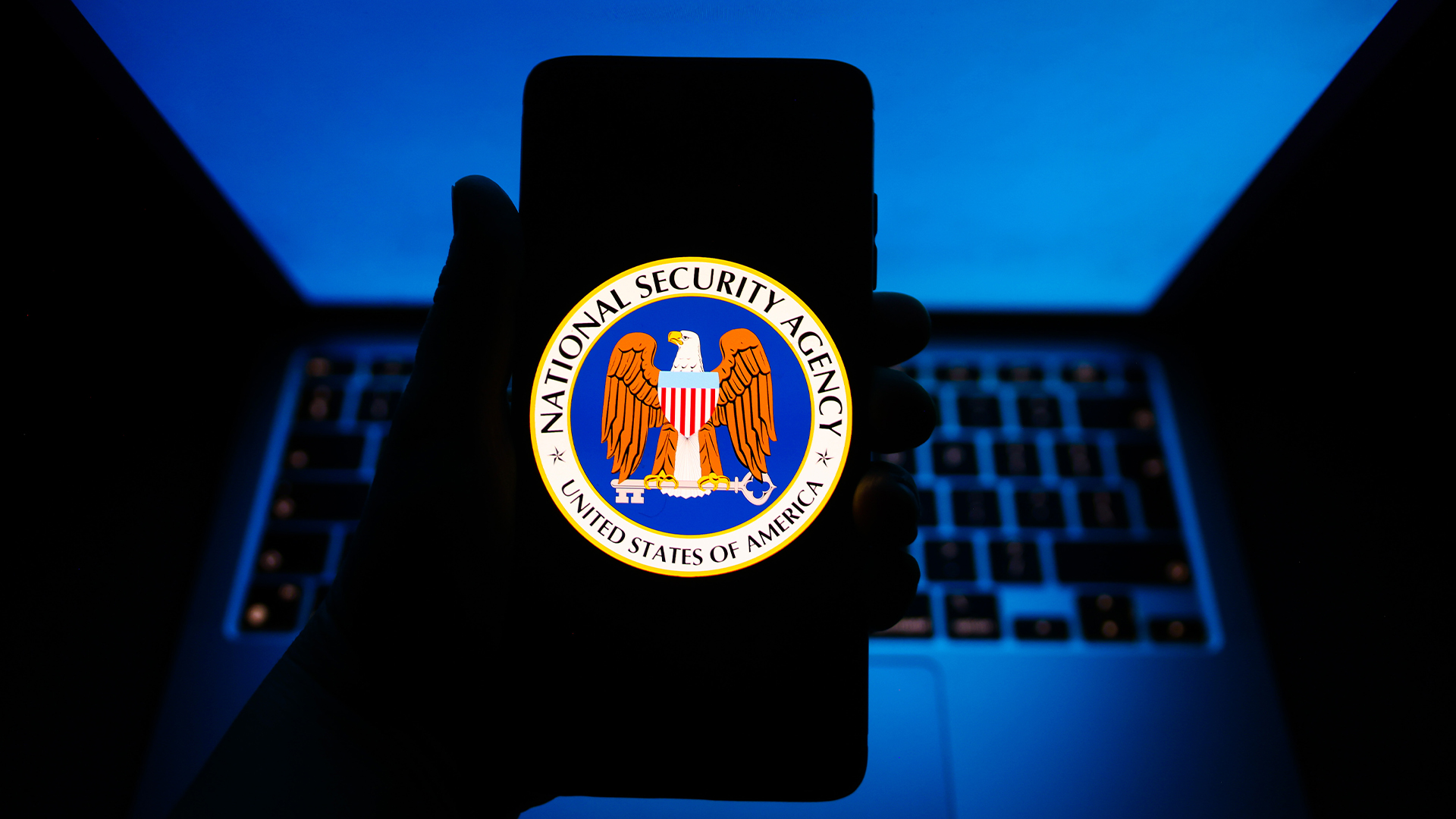7-Eleven biometric data collection found in breach of Australian privacy laws
The US convenience store chain has been ordered to scrap its facial scanning tool and delete any stored data

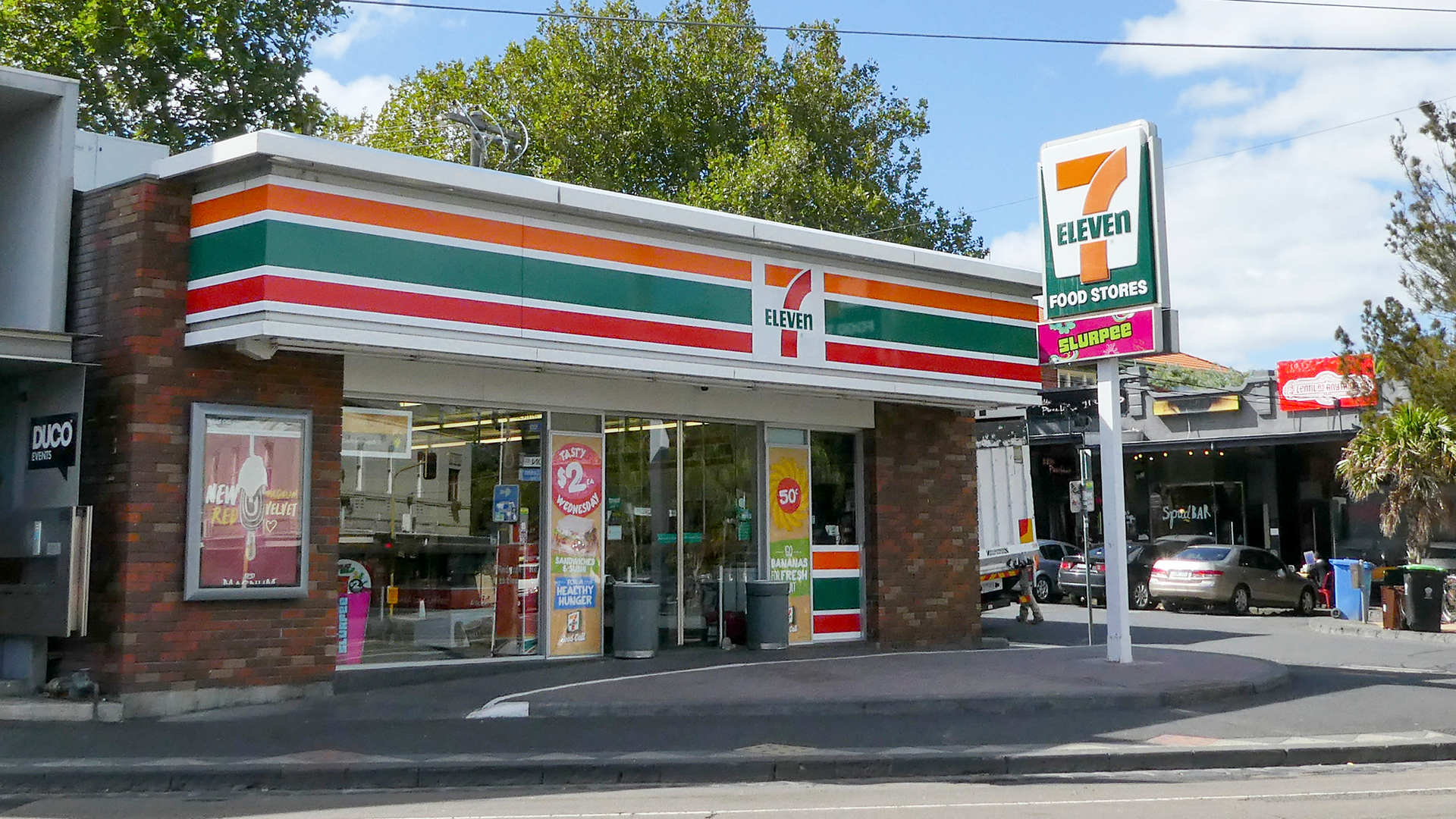
US convenience store chain 7-Eleven has been accused of breaching Australian privacy laws by collecting customers' biometric data without their consent.
The Office of the Australian Information Commissioner (OAIC) found that between 15 June 2020 and 24 August 2021, the Australian arm of 7-Eleven interfered with the privacy of individuals by gathering facial recognition data through a hidden mechanism in its customer feedback form.
The OAIC said that 7-Eleven's policy was in breach of the Privacy Act 1988, adding that the information wasn’t reasonably necessary for the store’s functions and activities. It also failed to take reasonable steps to notify individuals about the fact and circumstances of collection and the purposes of collecting that information.
The company has now been told to cease its data collection and destroy any data still held.
Tablet devices containing facial recognition technology were deployed inside 7-Eleven’s 700 stores nationwide, which allowed customers to complete a voluntary survey about their in-store experience. As of March 2021, 1.6 million survey responses had been completed.
As they completed this survey, the tablet’s built-in camera would take a facial image twice, once when the customer first engaged with the tablet, and then again after they completed the survey.
These facial images were stored on the tablet for around 20 seconds before being uploaded to a secure server hosted in Australia on Microsoft Azure. Once the upload finished, the facial image was deleted from the tablet but retained on the server for seven days.
Sign up today and you will receive a free copy of our Future Focus 2025 report - the leading guidance on AI, cybersecurity and other IT challenges as per 700+ senior executives
The facial images were then encrypted, turning them into ‘faceprints’, and assessed, providing inferred information about the customers’ approximate age and gender. The store said it was capturing this data to detect if the same person was leaving multiple responses to the survey within a 20 hour period on the same tablet. If they were, it wanted to exclude their responses from the survey results in case they weren’t genuine.
RELATED RESOURCE

The truth about cyber security training
Stop ticking boxes. Start delivering real change.
“I am not satisfied that it was reasonably necessary to collect ‘sensitive’ biometric information...for this function or activity,” said Angelene Falk, OAIC commissioner. “I note the risk of adversity to individuals should this kind of information be misused or compromised, as it cannot be reissued or cancelled like other forms of compromised identification information. The risks associated with collection of such information are not proportional to the function or activity of understanding and improving customers’ in-store experience.”
7-Eleven said it had obtained consent from customers who took part in the survey in the form of a notice at the entrance to its stores and on its website. However, the commissioner rejected this, finding that the store did not inform individuals about the fact and circumstances of collection of facial images and faceprints, as required by the law.
Zach Marzouk is a former ITPro, CloudPro, and ChannelPro staff writer, covering topics like security, privacy, worker rights, and startups, primarily in the Asia Pacific and the US regions. Zach joined ITPro in 2017 where he was introduced to the world of B2B technology as a junior staff writer, before he returned to Argentina in 2018, working in communications and as a copywriter. In 2021, he made his way back to ITPro as a staff writer during the pandemic, before joining the world of freelance in 2022.
-
 What does the Data Protection and Digital Information (DPDI) Bill mean for small businesses?
What does the Data Protection and Digital Information (DPDI) Bill mean for small businesses?In-depth Everything SMBs need to know as soon-to-be-updated data protection regulations make compliance easier and reduce costs
-
 Will the NHS Federated Data Platform transform UK healthcare?
Will the NHS Federated Data Platform transform UK healthcare?In-depth Plans to create a data platform in partnership with the private sector could revolutionize NHS treatment, but concerns over data privacy and security are festering
-
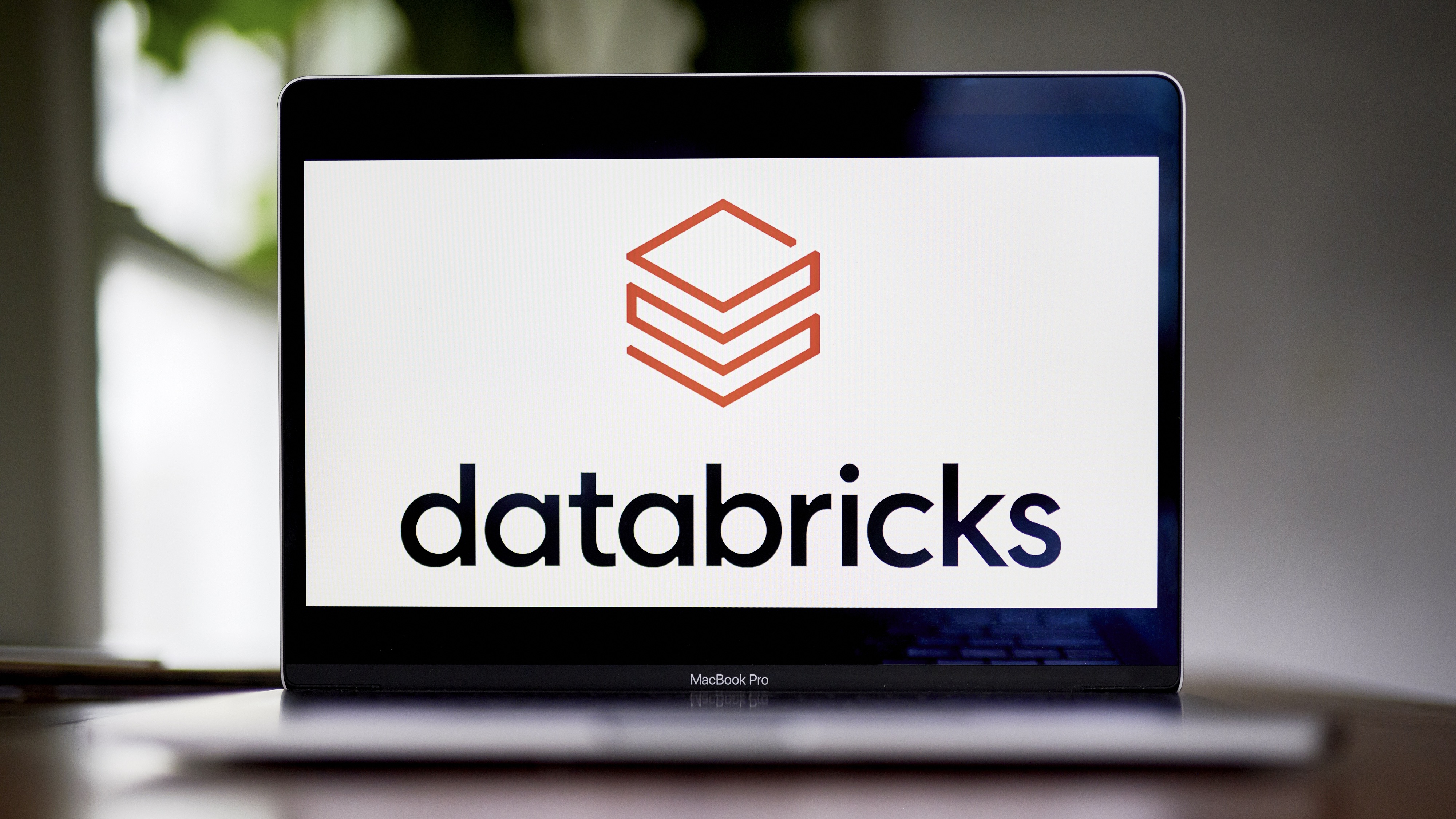 Databricks injects array of AI tools into Lakehouse
Databricks injects array of AI tools into LakehouseNews Lakehouse IQ and Lakehouse AI, businesses can build better internal chatbots and create their own LLMs
-
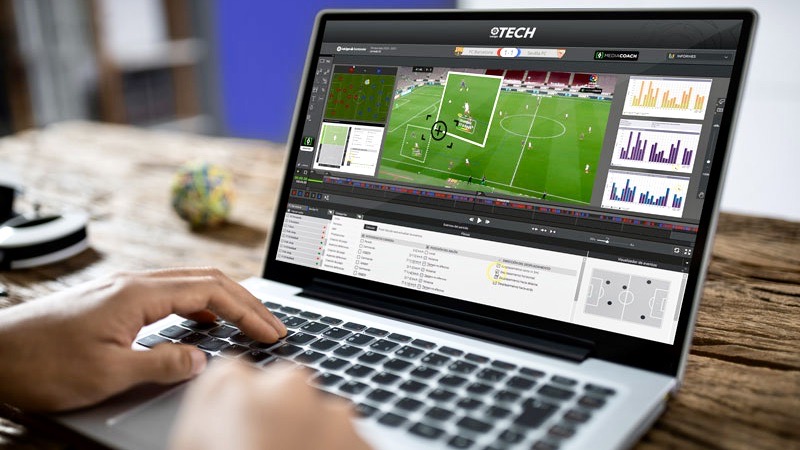 How LaLiga championed big data to transform data analytics in sport
How LaLiga championed big data to transform data analytics in sportCase Study Spain’s premier football division is hoping to transform not just football but sport as a whole with its data analytics efforts
-
 How intelligent insights drive business innovation
How intelligent insights drive business innovationWhitepaper Intelligent insight
-
 Boomi snaps up former MuleSoft executive as APJ channel lead
Boomi snaps up former MuleSoft executive as APJ channel leadNews Global software veteran Jim Fisher will work to expand the company’s channel operations across the region
-
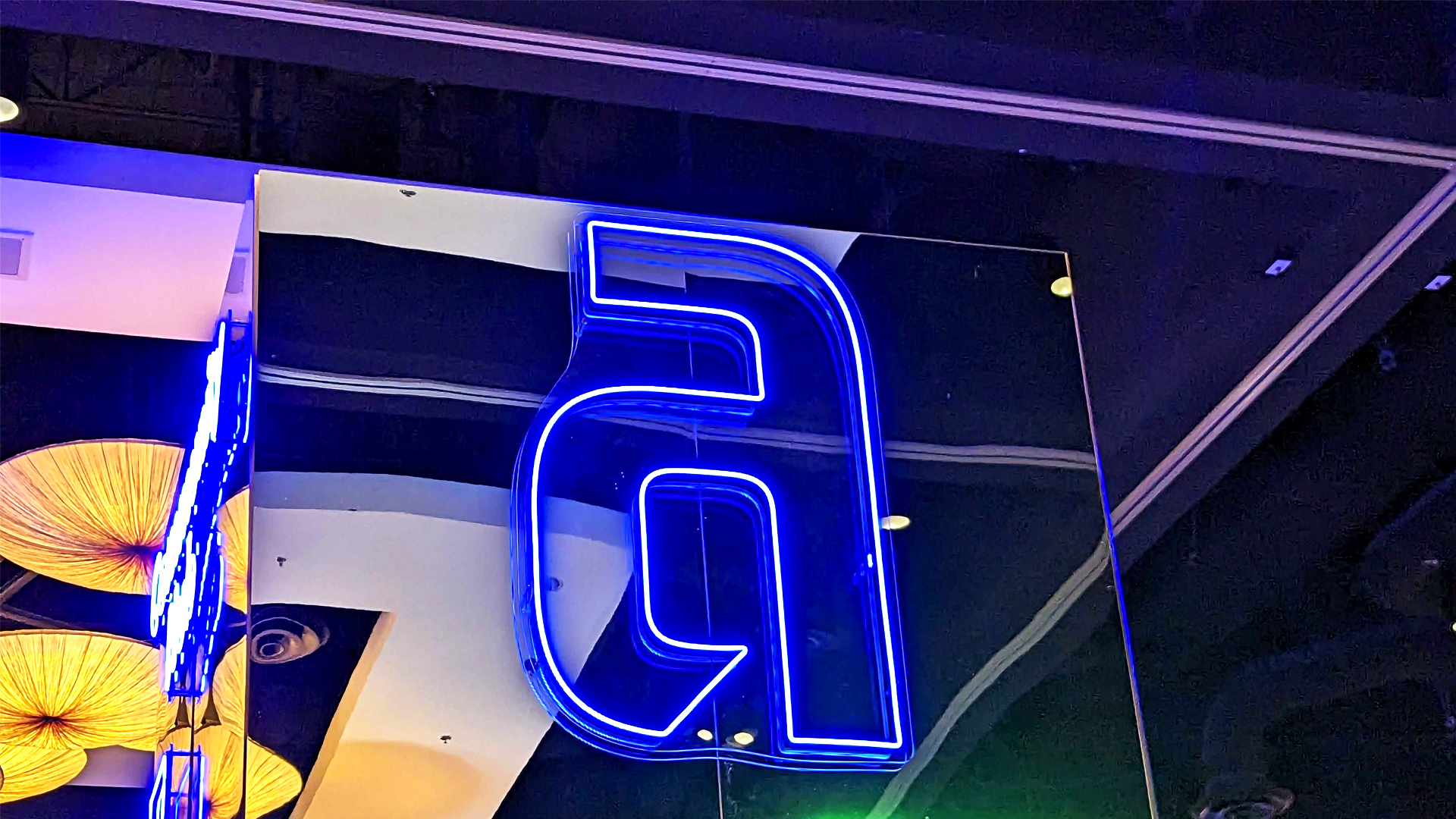 Appian World: Company launches ‘hands-on’ process mining program for customers
Appian World: Company launches ‘hands-on’ process mining program for customersNews Appian plans to widen process mining takeup, and make the once lengthy approach work in real time
-
 Why Microsoft Teams has only just launched in China
Why Microsoft Teams has only just launched in ChinaNews The tech giant has officially launched Teams via its local partner in China, after it was launched globally in 2017


